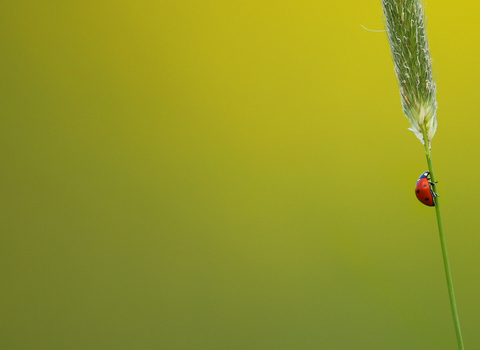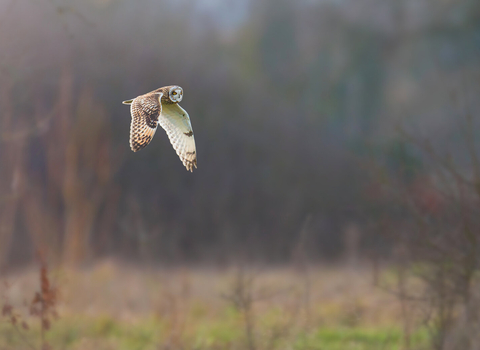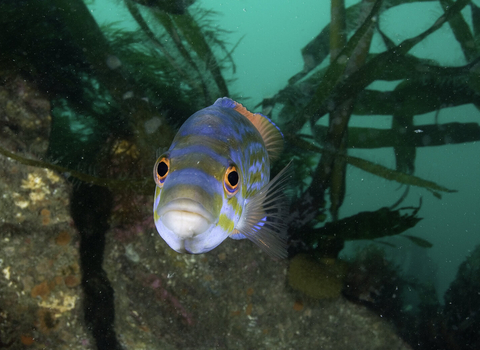A wilder South and West Wales
Welsh wildlife is in peril. We are losing our precious species and habitats. 17% of all species in Wales are at risk of extinction. Over the past 50 years there has been a 13% decline in the abundance of species. The rate of decline is accelerating. But nature is integral to our lives. Everything we value comes from nature and everything we do impacts wildlife. This is why we must act now.
Read full strategy
Our goals
We have a vision where wildlife is abundant, resilient and secure; where opportunities for nature, both in our urban and rural environments, are optimal; where extensive, interconnected natural habitats are robust and sustainable, providing opportunities for the full range of native species.
Action for nature
We will
- Ensure that all our nature reserves are managed sustainably for the species and habitats they support
- Increase the influence of nature reserves on the landscape
- Develop major habitat restoration projects
- Monitor, record and raise awareness of species and habitats
- Undertake work to save endangered or rare species
Our vision for 30% of land and seas to be protected and connected by 2030.
Action with people
People are part of nature and must play a role in nature's recovery through their choices as consumers and voters and through inspiring others through positive action. We are at a tipping point and need to act now to harness peoples' energy. Research has shown that the support of at least 25% of a population is needed for any large-scale social change. Our vision is to see 1 in 4 people actively playing a part in nature's recovery.
We all need natural green spaces: we need a connection with nature, and we know that time spent with nature significantly improves our quality of life. We know that nature keeps us alive and that it can have an enormous positive impact on our wellbeing in terms of both our mental and physical health. As we lose our connection with nature, our health suffers and our wellbeing declines.
We will focus on equality, diversity and inclusion to ensure that everyone has the opportunity to experience the joy of wildlife in their daily lives. We are 'Wild About Inclusion: and increasing the diversity of our staff, Trustees, volunteers and members is crucial to our success in bringing about nature's recovery. We want all children to grow up with equal opportunities to enjoy nature: to hear a soaring spring chorus of birds and the hum and buzz and chirruping of nature in summer. We want them to experience clouds of butterflies, wildflower grasslands alive with grasshoppers and other insects, and rivers and streams full of fish. We want more room for wildlife in our towns and cities, parks and gardens full of wildflowers and bird song, tree-lined streets and green places for people. We want a future where most people care for our natural environment and our wildlife; we want them to respect nature and to enjoy nature.
Action on climate
Despite everything that we know, we continue to recklessly squander our life support system; this must come to an end. We must reverse the direction of change and we must begin today. We are witnessing the beginnings of the sixth global mass extinction, which should be enough to convince everyone that we need urgent global and local action today. Although 89% of the Welsh population claim that they are concerned about environmental damage, only 7% place environmental degradation among the critical issues facing Wales.
We must change this; we must find ways of convincing people that the health of the natural world is as important as their own health and that of their families and friends. People must understand that our species cannot survive alone on this planet. Natural climate solutions can provide around one-third of the cost-effective climate mitigation needed between now and 2030 to stabilise warming to below 2°c, whilst simultaneously tackling the ecological crisis.
We will prioritise the restoration of habitats that capture and store carbon, including the marine environment, peatland, fens, grasslands and woodlands.



